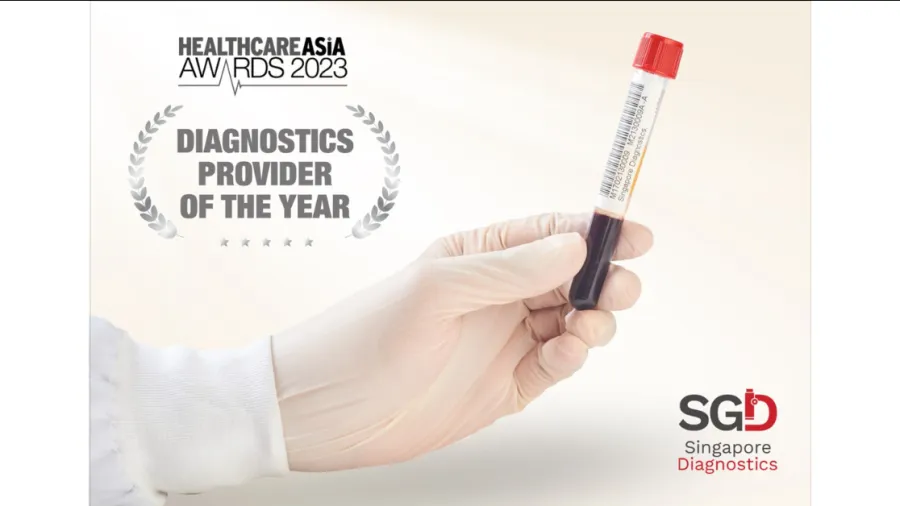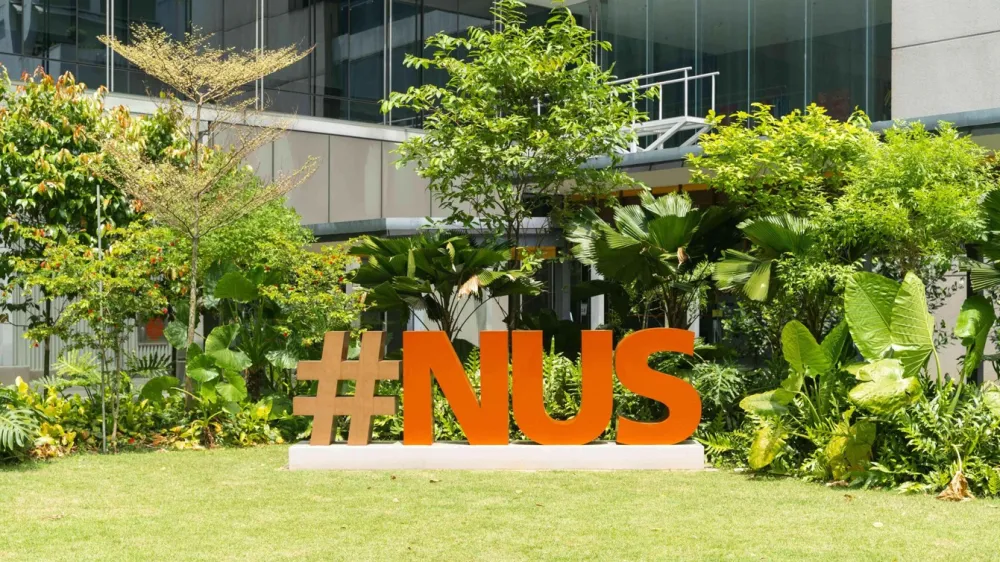
Singapore Diagnostics revolutionises Philippine healthcare through quality, accessibility, and talent development
Singapore Diagnostics, the Philippine flagship company of Pathology Asia, has improved access to healthcare services with its 40 locations across the nation.
In the Philippines, inequity in the quality and accessibility of healthcare services remains a pressing issue. Whilst some regions and urban centres boast advanced medical facilities and quality care, a significant portion of the population, particularly those in rural areas and underserved communities, faces challenges in accessing adequate healthcare. This stark disparity in healthcare resources indicates inequity in the country.
Given the limited number of quality facilities, restricted patient access, and a gap in global skillsets, the Philippines would require comprehensive and innovative solutions to address the longstanding inequities in healthcare provision country-wide.
Singapore Diagnostics (SGD), the Philippine flagship company of Pathology Asia, is transforming the healthcare landscape in the Philippines. SGD, committed to providing world-class quality care and improving patient outcomes, was the first Philippine-based healthcare institution accredited by the College of American Pathologists (CAP).
Recently, SGD's commitment to quality care and patient outcomes was recognised in the prestigious Healthcare Asia Awards as it was named the Diagnostics Provider of the Year – Philippines. The company's triumph in this prestigious event is a testament to its unwavering dedication to delivering exceptional healthcare services.
SGD's relentless pursuit of excellence, along with its innovative approaches to addressing the challenges of the industry, has positioned it as a frontrunner in revolutionising healthcare in the Philippines.
Expanding Access and Empowering Talent
One of SGD’s notable achievements is its extensive expansion of accessible healthcare facilities. From its single site in the Philippines’ financial hub, SGD now boasts 40 locations across the country.
Through SGD-branded laboratories, laboratory outsourcing, and technical management arrangements, the company has successfully extended its reach to diverse regions, making quality and affordable healthcare services accessible to a larger population.
Moreover, SGD has established itself as a highly regarded reference laboratory, collaborating with over 600 partner laboratories across the Philippines. SGD provides a logistics backbone, efficiently transporting specimens, processing them, and delivering results to village-based health centres, rural clinics, and top-notch hospitals.
Given the growing demand for skilled medical workers, SGD has also prioritised training for its medical technologists. Employees are urged to specialise in haematology, immunochemistry, and microbiology through the company’s credentialing programme, so they may become specialists in the said streams. This initiative ensures that SGD's workforce is equipped with the necessary skills and expertise to deliver exceptional care.
Harnessing Technology and Shaping the Future
SGD's dedication to embracing technology has also played a pivotal role in its success. Whilst retaining the traditional brick-and-mortar laboratory model, SGD has formed partnerships with tech-enabled healthcare companies, processing lab tests for them. Additionally, SGD has integrated technology into its logistics operations, employing tech-enabled providers for efficient delivery of personnel, lab materials, and consumables. The introduction of the laboratory app Biomark has further facilitated direct connectivity between SGD's partner laboratories and patients, enhancing accessibility and convenience.
As SGD continues its journey, it remains committed to improving the quality and accessibility of healthcare services, bridging the gap in talent and skills, and leveraging technology to shape the future of healthcare in the Philippines.
Looking into the future, SGD envisions expanding its footprint to encompass up to 70 locations by 2023, ensuring that more Filipinos have convenient access to crucial laboratory tests.



















 Advertise
Advertise







